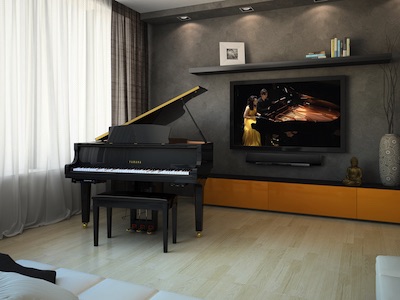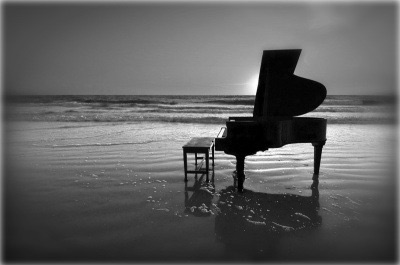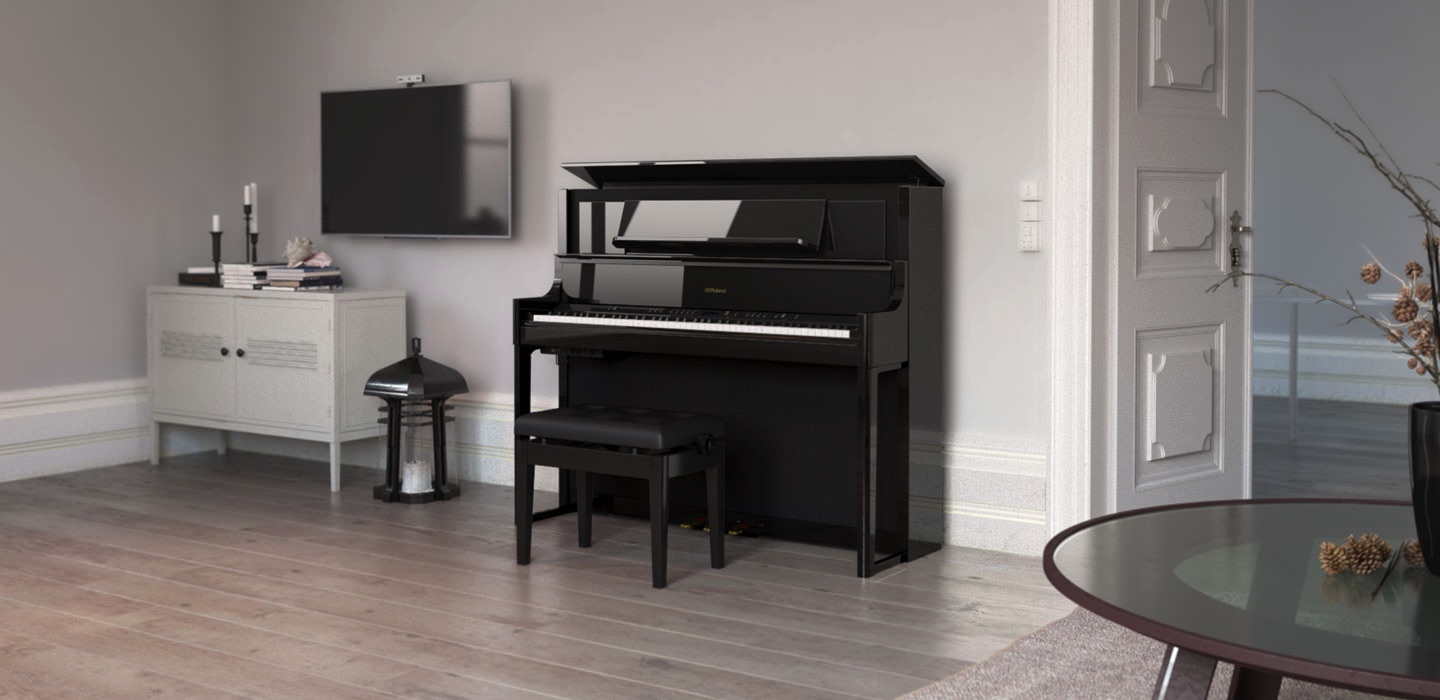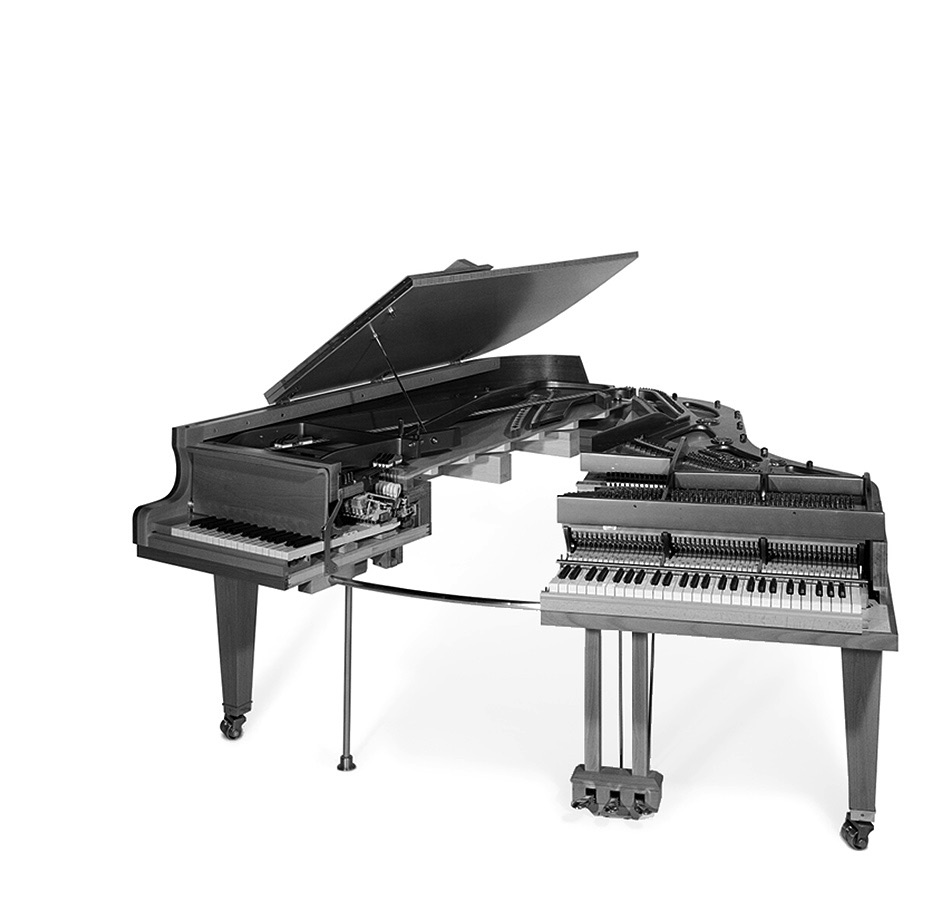The Effects of Humidity
Acoustic pianos use felt, cloth, leather and precision wood parts in their construction. Some of the action parts are extremely sensitive to humidity. Too much humidity may cause unclear tones, sluggish key action, rusting of internal parts, and sticking keys.
The Inland Northwest’s weather generally results in low humidity. If you are moving to a location that has excessive moisture such as coastal areas, older concrete structures, or maybe placing a piano in a dark moist basement then there are some basic steps that may be taken to help preserve your piano. On cloudy or rainy days keep the windows closed in the piano’s room. Close the piano's lid and key cover. Many pianos include a thick cloth cover to lay over the keyboard to help absorb moisture. Make sure to air-dry the cover as needed.
Lack of humidity is an even more serious problem. Air conditioning/heating systems, fireplaces, and wood stoves tend to dehumidify rooms. If the air becomes excessively dry the wooden and felt components in the piano will shrink. In extreme cases the soundboard, joints, and other laminated surfaces could separate. As the parts shrink you may experience distortion of sound and tuning issues.
If a piano is going to be placed in a dry environment consider installing a humidity control system on the piano. We can assist you in recommending the proper system for the type of piano and installation.




